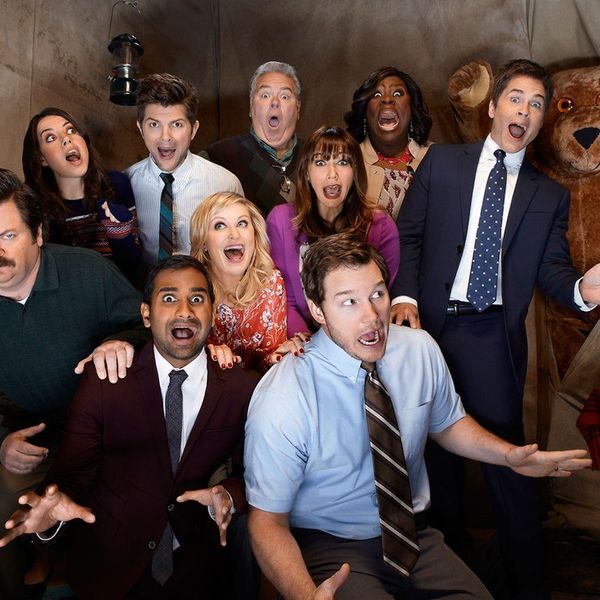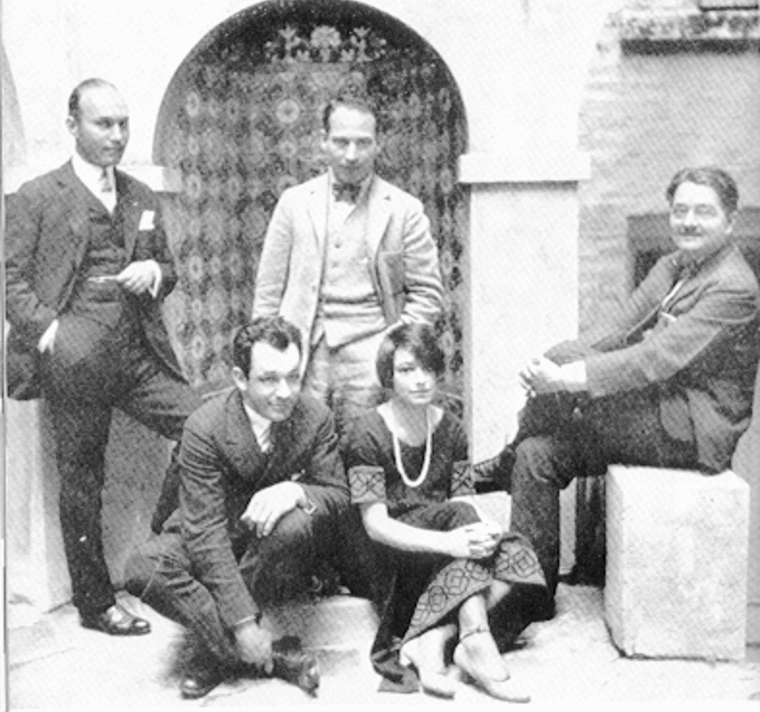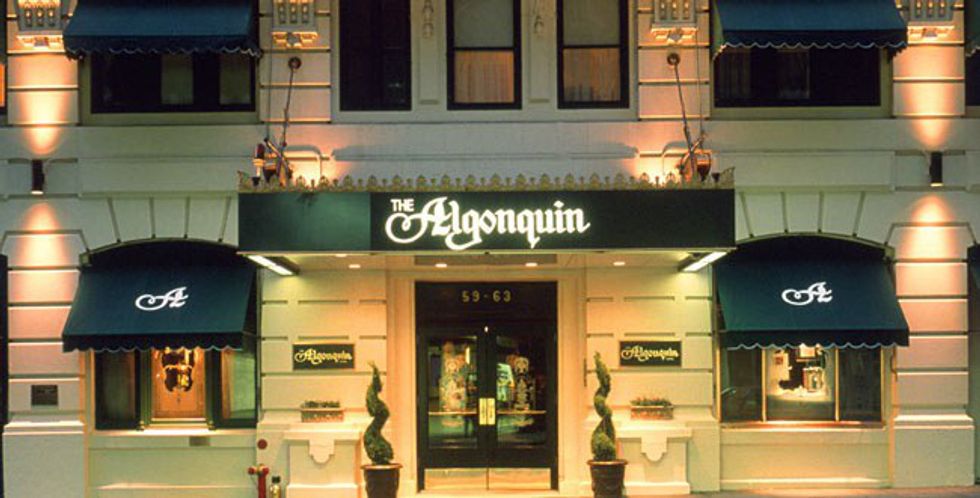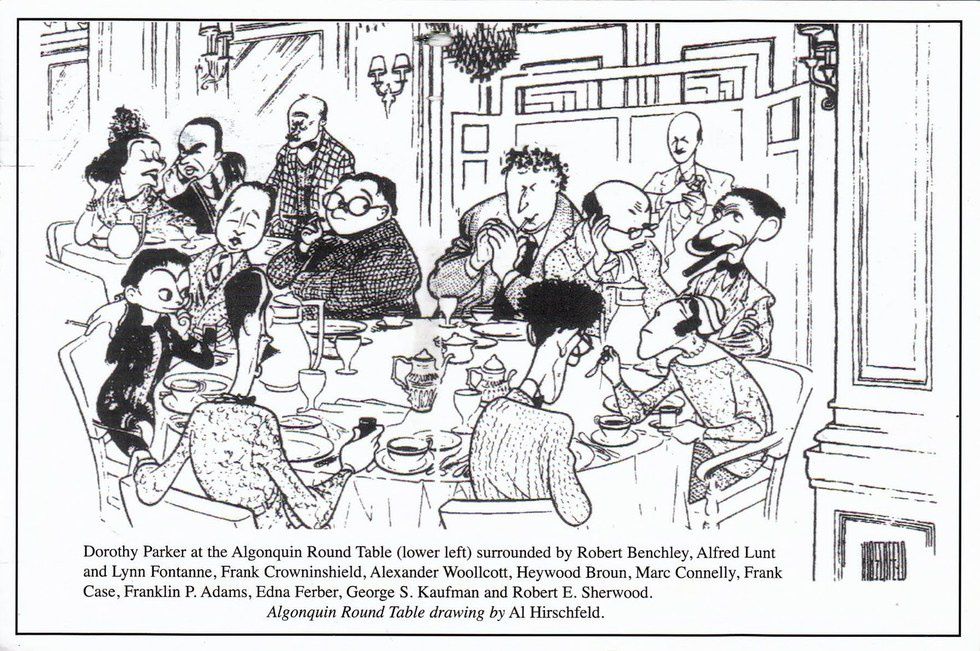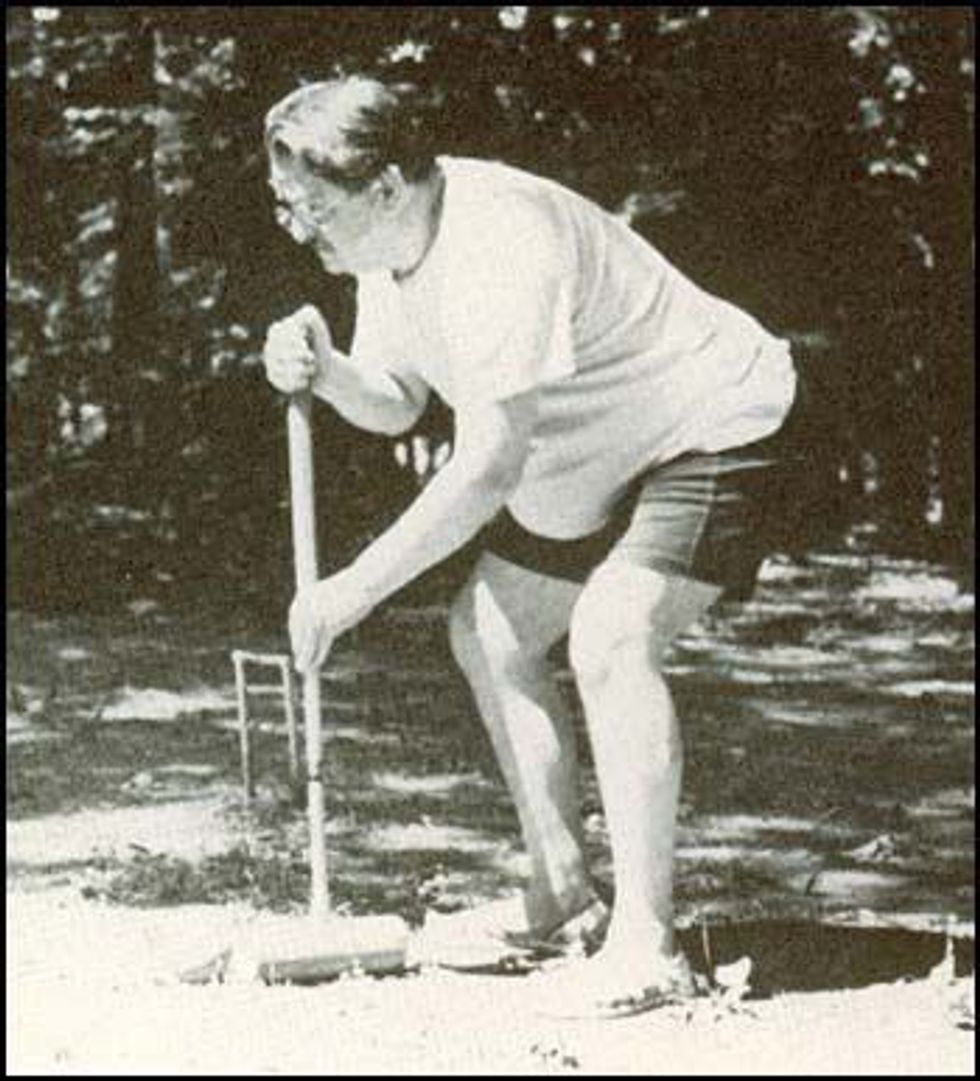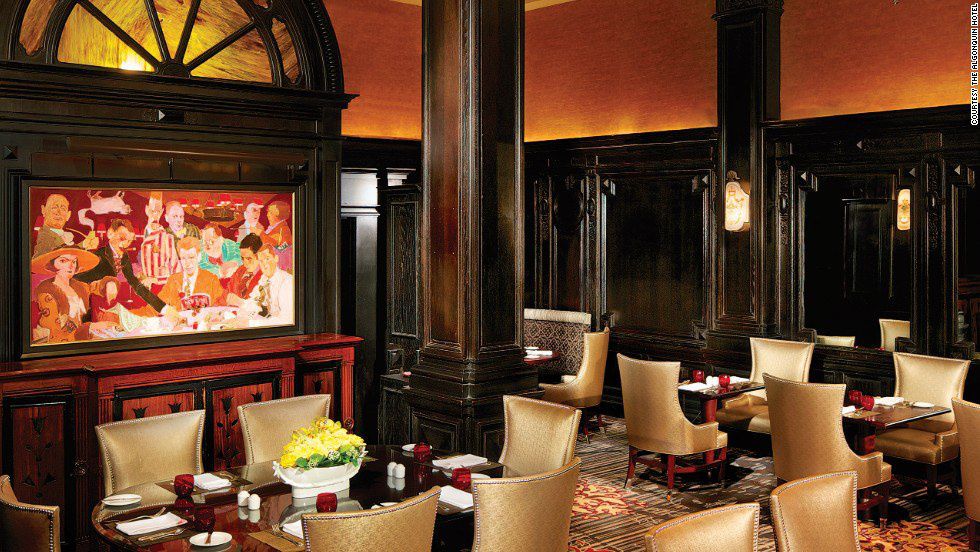Razors pain you; Rivers are damp; Acids stain you; And drugs cause cramp. Guns aren’t lawful; Nooses give; Gas smells awful; You might as well live. - Dorothy ParkerDorothy Parker was one of the great wits of the 20th century. Among other achievements, she wrote for Vogue and Vanity Fair magazines by the time she was a young adult in the 1910s. She became a book reviewer for the magazine The New Yorker in the 1920s and went on to write successful screenplays in Hollywood in the '30s and '40s.
Dorothy Parker was perhaps the most famous member of a legendary - now obscure - literary club called The Algonquin Round Table. It was comprised of writers, actors, playwrights, publicists, directors, editors and humorist superstars of the 1920s.
For nearly a decade, The Algonquin Round Table wreaked havoc, sparked controversy, and arguably enhanced the great American literary period of the 1920s.
So, what was the point of this Algonquin Round Table?
The story of the Algonquin Round Table is an incredible one. They were a group of truly interesting intellectuals; a group that I believe we, in this modern age, can only dream of. They were characters like those of quirky comedies or strange books, ready to pull pranks and write knockout essays at any given time.
It began as a one-time event in 1919: A theatrical press agent named John Peter Toohey was aggravated because Alexander ("Aleck") Woollcott, a drama critic for the New York Times, wouldn't plug Toohey's client in his popular column. (Toohey's client just so happened to be some guy named Eugene O'Neill.)
Toohey decided to invite Woollcott and a number of other people to lunch at the Algonquin Hotel in New York City under the guise of a luncheon to celebrate Woollcott's return from World War I, in which he was a correspondent for the newspaper Stars and Stripes.
Instead, it was actually a platform for Toohey to publicly make jokes at Woollcott's expense in revenge. Plot twist: Woollcott loved it. The event was so successful that Toohey suggested that the group meet up every day for lunch from that day forward and so they did.
In modern terms, it began as a Roast. In not-so-modern terms, it was a full-on 1920s Dean Martin Celebrity Roast (sans Martin).
The Algonquin Round Table's members were sharp-tongued and, at times, merciless. It became known as "The Vicious Circle" for a good reason. Besides the aforementioned, some of the Algonquin Round Table's official members were humorist/actor Robert Benchley, columnist Franklin Pierce Adams, playwright/director George S. Kaufman, author/playwright Robert E. Sherwood, writer/women's rights activist Ruth Hale and The New Yorker editor Harold Ross.
The group was known for their biting commentary of a variety of topics. They swapped wisecracks, stories, complimented each other and roasted each other. They began working with each other professionally and they did it often.
The Algonquin Round Table went beyond humorous lunch meetings. Its members became extremely close, personally and professionally. Their lunches spawned more events: games of poker, cribbage, charades and games to test (and show off) their skills at wordplay. Some of the members even vacationed together at a place called Neshobe Island in Vermont.
As time went on, many of the members played elaborate pranks on one another, which were legendary in their own right. However, critics of the time found them to be highly immature. (Personal note: They just didn't know how to have fun.)
Aleck Woollcott pictured playing croquet at Neshobe Island:
As the Algonquin Round Table became renowned, a number of public figures made their way in and out of the Circle. They were not official members, but they would make their way to meetings here and there. A few of the "unofficial members" included actor/comedian Harpo Marx (of The Marx Brothers), actress Tallulah Bankhead, playwright Noël Coward, actress Peggy Wood (best known as the Mother Abbess in the landmark 1965 musical The Sound of Music), and writer/historian Margaret Leech.
Upon the onset of the 1930s, the once-spirited Algonquin Round Table began to disperse. Some of the members remained close with one another, while many did not. Like Dorothy Parker, some of the members made the move from NYC to Hollywood to contribute to the burgeoning motion picture industry.
The good times shared by members of The Algonquin Round Table can be seen in the form of a beautiful painting dedicated to the masterminds of their time:


